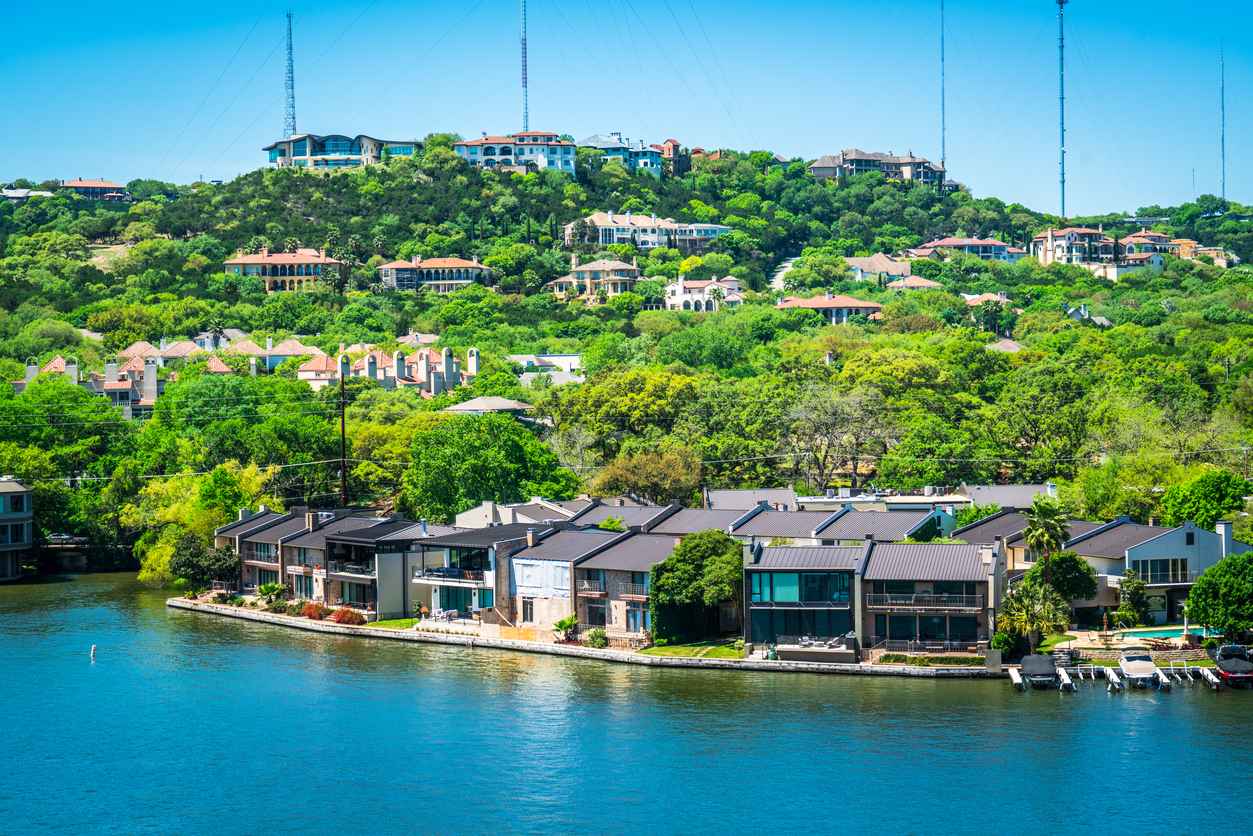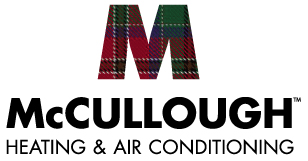4.8 Google Rating

To Repair or Replace Your HVAC System: That is the Question
Deciding whether to repair or replace your HVAC system is a significant choice that impacts your comfort, energy bills, and long-term budget. HVAC systems are an investment, and understanding when it’s time for a repair or full replacement can help Austin homeowners make the best decision for their household. Here’s a comprehensive look at the key factors to consider and how to determine if a repair or replacement is the right move for your HVAC system.
1. Consider the Age of Your HVAC System
The age of your HVAC system is one of the most critical factors in the repair-or-replace decision. Most HVAC systems, including air conditioners and furnaces, are designed to last about 10-15 years with proper maintenance. However, as systems age, they tend to lose efficiency, experience more frequent breakdowns, and require costly repairs. If your system is over a decade old and experiencing issues, it may be more economical to replace it rather than continue repairing it.
Older systems are also less efficient than modern units. Upgrading to a new system not only reduces repair costs but can also provide substantial savings on monthly energy bills, making it a worthwhile long-term investment for Austin homeowners dealing with high energy costs.
2. Evaluate Repair Costs Versus Replacement Costs
When considering repair versus replacement, it’s essential to weigh the cost of repairing your existing system against the cost of installing a new one. A helpful rule of thumb is the “50% rule”: if the repair costs exceed 50% of the cost of a new system, replacement may be the more economical option. For example, a repair bill of $2,000 for an older system when a new system costs $4,000 suggests that replacement could be a better investment.
Frequent repairs add up over time, especially if multiple components are failing. By opting for a new system, you can avoid the repeated repair expenses and benefit from the reliability of updated technology, which will reduce the likelihood of breakdowns and unexpected costs.
3. Assess Energy Efficiency and Monthly Bills
One of the advantages of upgrading to a new HVAC system is the potential for improved energy efficiency. Older systems, particularly those installed more than a decade ago, typically have lower SEER (Seasonal Energy Efficiency Ratio) ratings compared to newer models. New systems are often designed to meet stricter energy efficiency standards, which can lead to noticeable savings on your utility bills.
In Austin’s hot climate, an efficient air conditioner is essential for keeping cooling costs under control. If you notice your monthly energy bills climbing, even after repairs and regular maintenance, it could be a sign that your HVAC system is no longer operating efficiently. Replacing your system with a higher-efficiency model can help reduce your energy usage and lower monthly costs, offsetting the initial investment in the long term.
4. Examine the System’s Performance and Comfort
Your HVAC system’s primary purpose is to maintain a comfortable temperature in your home. If you’re dealing with inconsistent temperatures, frequent system cycling, or issues maintaining your desired temperature, it may be a sign that your system is struggling to keep up with demand. Reduced comfort levels often indicate that the system’s capacity is no longer suitable for your home or that it’s reached a point of decline where replacement is the best option.
Hot or cold spots, excessive humidity, or difficulty achieving consistent cooling or heating are common signs that your system may be undersized, inefficient, or nearing the end of its life. A new system can improve comfort by providing consistent airflow, better humidity control, and a more balanced temperature throughout your home.
5. Think About Environmental Impact
For homeowners interested in eco-friendly solutions, upgrading to a high-efficiency HVAC system can reduce your home’s environmental footprint. Newer systems consume less energy and use eco-friendlier refrigerants, such as R-410A, which are safer for the environment compared to older refrigerants like R-22 (Freon), which is being phased out due to its environmental impact.
Choosing to replace an outdated system with a more energy-efficient unit not only benefits the environment but also enhances your home’s sustainability. With lower energy consumption, you contribute to a reduced carbon footprint, aligning with eco-conscious living without sacrificing comfort.
6. Factor in Available Rebates and Incentives
Many HVAC manufacturers, utility companies, and government programs offer rebates and incentives for energy-efficient system upgrades. These financial benefits can significantly reduce the upfront cost of a new system, making replacement more affordable. In Austin, programs such as Austin Energy rebates offer savings opportunities for qualifying high-efficiency systems, providing additional financial motivation for upgrading rather than repairing.
By taking advantage of these incentives, homeowners can offset the cost of a new system, making it more cost-effective to upgrade to a modern, energy-efficient system.
7. Maintenance and Long-Term Investment
Regular maintenance is essential to prolonging the life of an HVAC system, but eventually, even the best-maintained systems reach a point where repairs can no longer sustain efficiency. If your system has required multiple repairs in recent years or you find yourself scheduling frequent service calls, it may be an indicator that replacement is the best option.
Replacing an aging system with a new, high-efficiency model represents a long-term investment in your home. A modern system provides reliable comfort, reduces the risk of costly breakdowns, and improves overall home value, making it a wise choice for homeowners looking to enhance their living environment and protect their investment.
Conclusion: Trust McCullough Heating & Air Conditioning for Expert Guidance
Deciding whether to repair or replace your HVAC system can be challenging, but by considering factors such as system age, repair costs, efficiency, and comfort, you can make an informed choice. At McCullough Heating & Air Conditioning, our team is here to provide expert advice, assess your system, and help you make the best decision for your home’s comfort and energy efficiency. Contact us today for a consultation and let us help you find the ideal solution for your HVAC needs in Austin.
Recent News
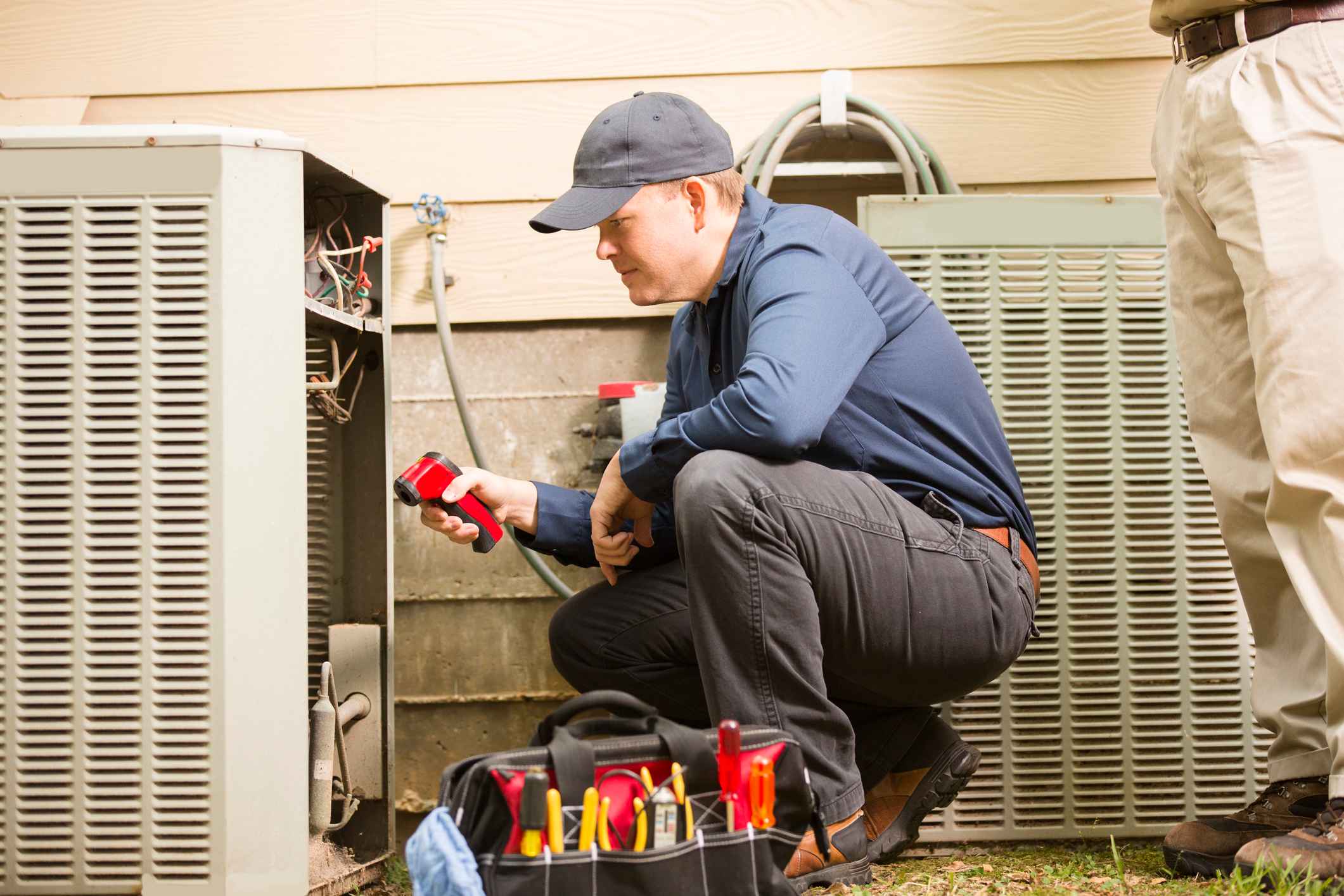
Top HVAC Companies in Austin, TX: Looking Beyond Ads & Reviews
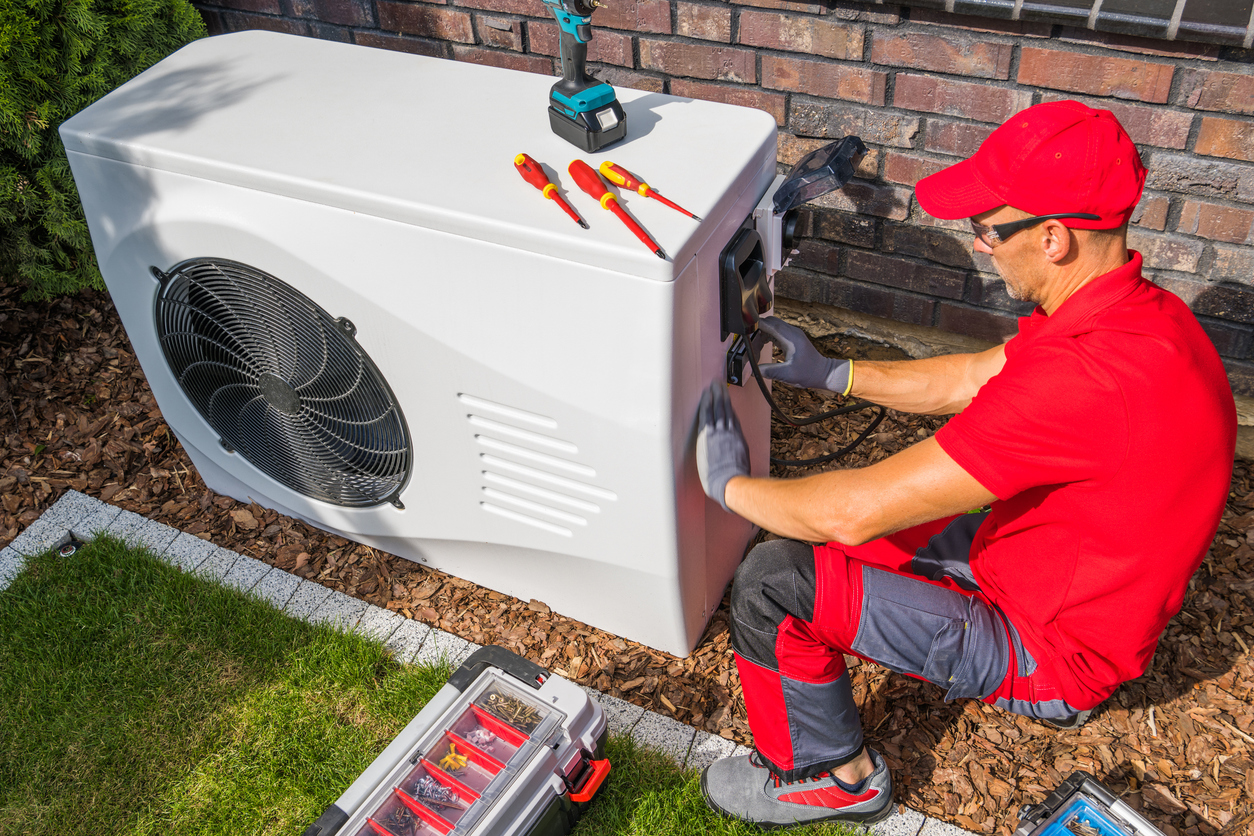
What Sun City Homeowners Should Know About HVAC Permit Data & Installations
Free Energy Audits for Westlake Homes: Cut Energy Bills, Boost Comfort & Upgrade Smarter
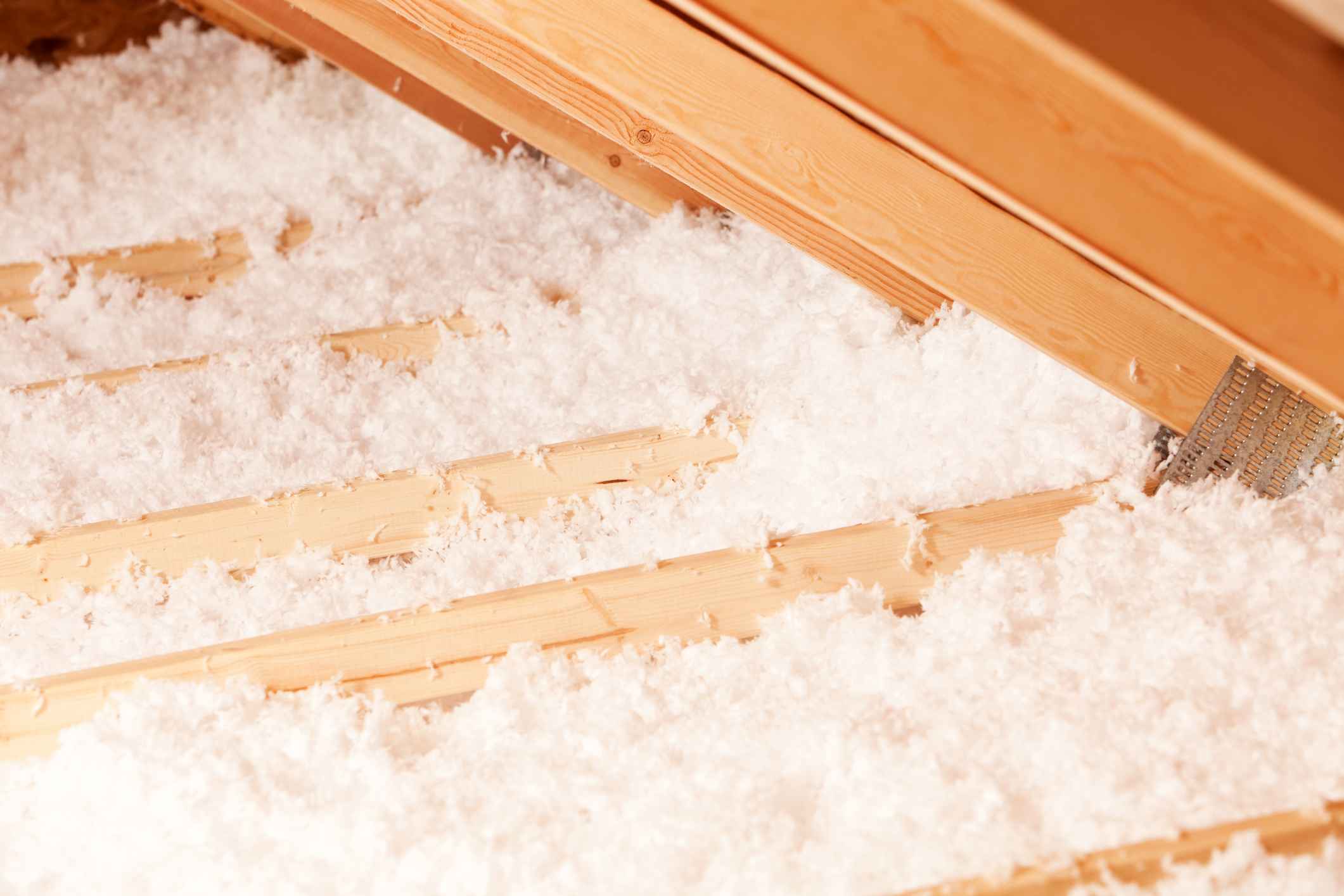
Is Your Austin Home Using Too Much Energy? Here’s How a Free Energy Audit Can Help You Save Big
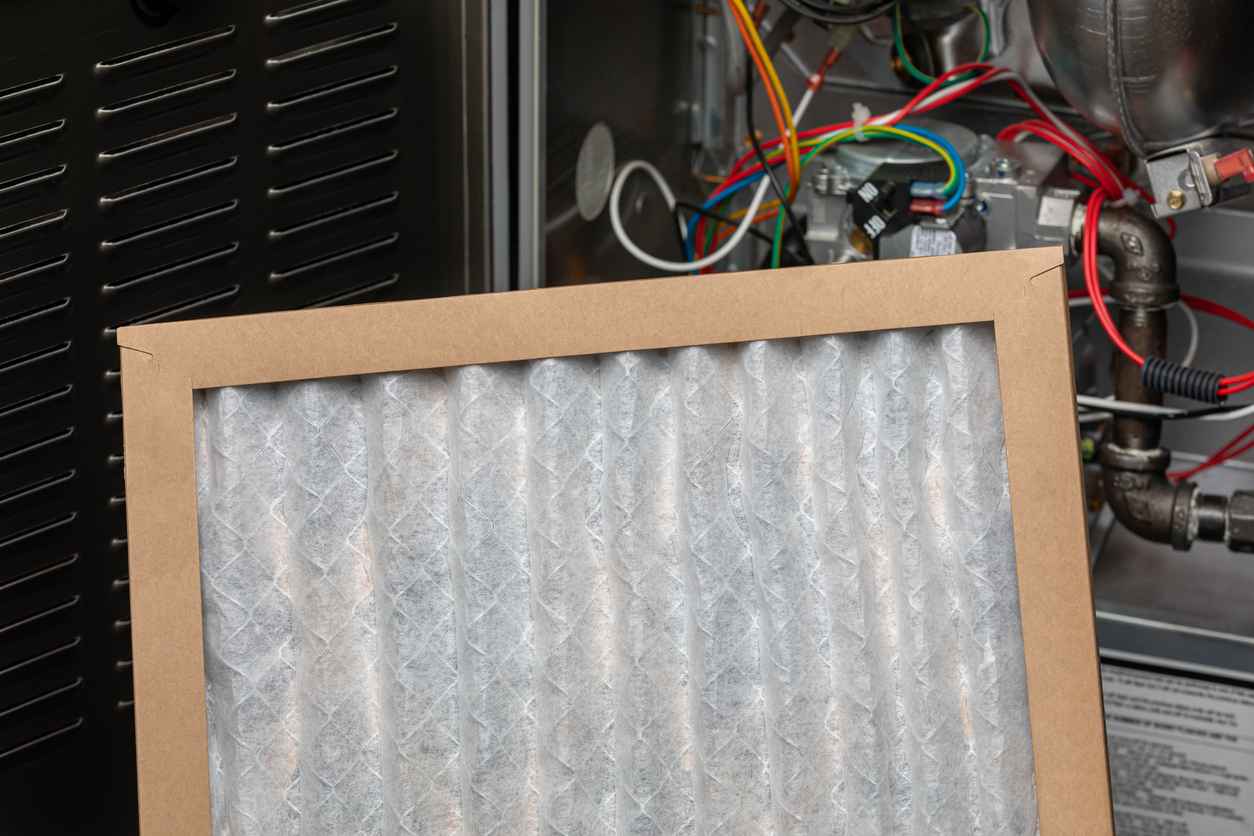
Cold Snap Coming? What Austin Homeowners Should Do Now to Prevent Heat Loss and Heating System Failure
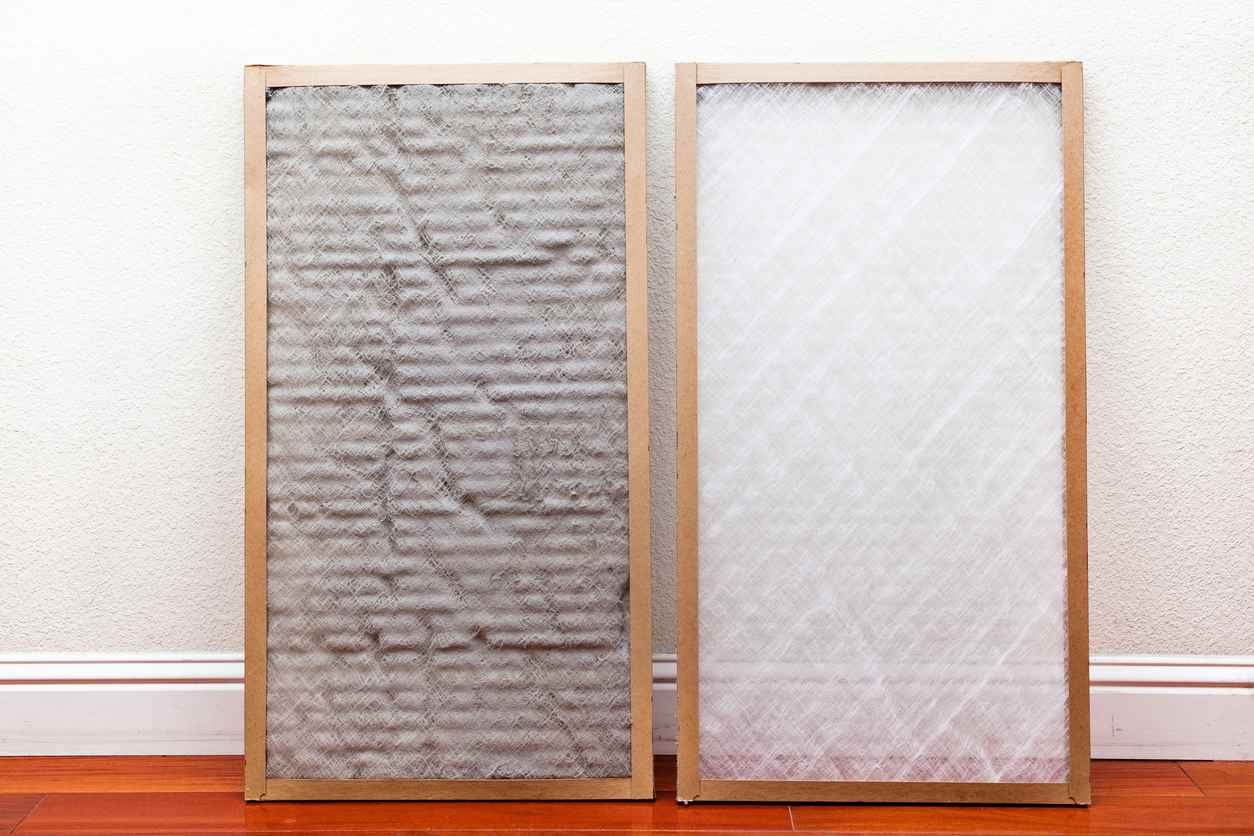
Best HVAC Filters for Cedar Fever in Austin
